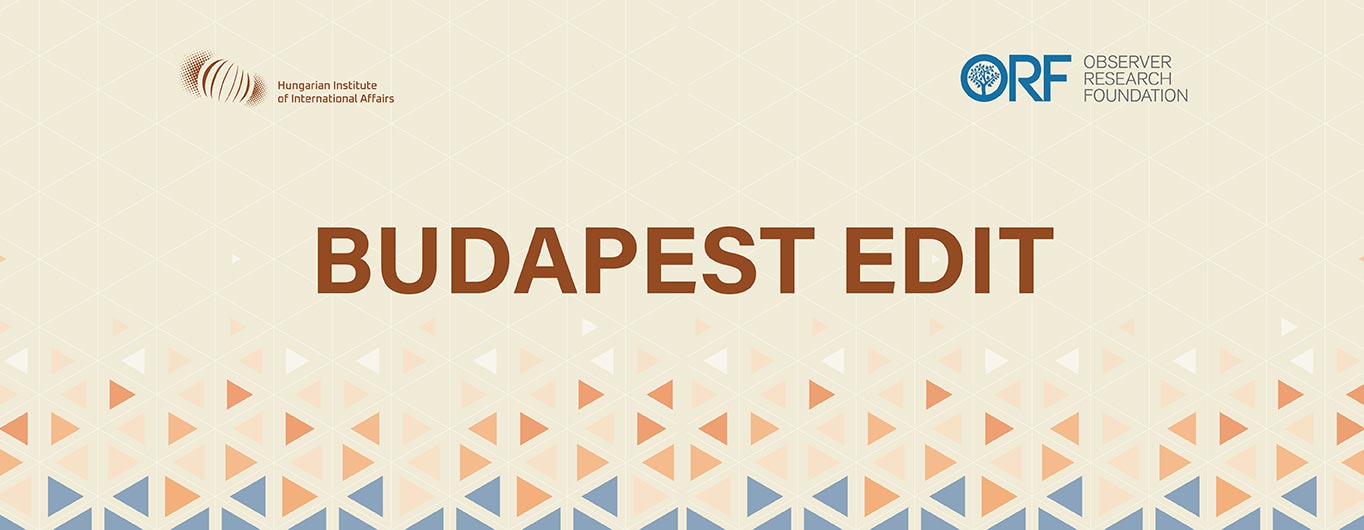
Image Source: Getty
This article is a part of the essay series “Budapest Edit”
The global system is at a crossroads, caught in a paradox, where established rules continue to govern the world, but yield outcomes that defy traditional expectations. This dichotomy reflects a world in flux, where geopolitics resembles a Rubik’s Cube—any attempt to solve one dimension inevitably disrupts others. As uncertainty becomes the defining characteristic of this era, nations must transition from strategies of dominance to those of adaptability and sustainable development, emphasising resilience over rigidity.
Once Donald Trump returns to the White House in 2025, it will likely mark a period of recalibration rather than a rupture in the transatlantic relationship. Trump’s presidency would not break the Western alliance but expose its inherent strains, acting as a stress test for both the North Atlantic Treaty Organisation (NATO) and broader United States-European Union relations. Europe, already navigating a trilemma of deindustrialisation, faltering decarbonisation, and worsening geopolitical tensions, will intensify its reliance on Washington. Trump’s "America First" rhetoric and transactional diplomacy might shift the tone of US-EU relations, compelling the EU to shoulder more responsibility for its defence, while seeking assurances from Washington as a security provider, industrial partner, and energy supplier. This dynamic would force Europe to adopt a more pragmatic approach, balancing its strategic autonomy aspirations with a recognition of its dependence on US capabilities.
The drivers of the emerging global order will extend beyond state actors to encompass narratives. Trump’s focus on reshaping America’s global role could further highlight the power of storytelling in geopolitics, where shaping perceptions and controlling information can redefine alliances and influence outcomes. However, in a hyper-connected world, every action—from sanctions to alliances—will have unintended consequences, making policymaking a double-edged sword. Europe and the US will need to tread carefully, ensuring that policy initiatives do not exacerbate mutual vulnerabilities.
Reconciling the competing demands of climate change, trade, and security will require a paradoxical mindset: global thinking, regional action, and local communication. As the EU and US navigate a post-globalisation era, they will need to embrace complexity and manage interdependencies. For Europe, this will mean continuing its decarbonisation and industrial revitalisation efforts, even as it leans on the US for energy and security. For the US, a Trump 2.0 administration would have to balance its inward-focused agenda with the need to maintain leadership in a fractured global order.
Velina Tchakarova, Geopolitical Strategist, FACE, and Visiting Fellow, Observer Research Foundation
The views expressed above belong to the author(s). ORF research and analyses now available on Telegram! Click here to access our curated content — blogs, longforms and interviews.




 PREV
PREV



